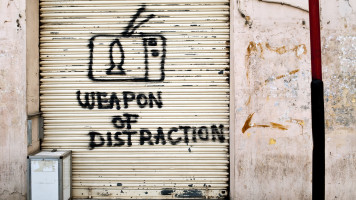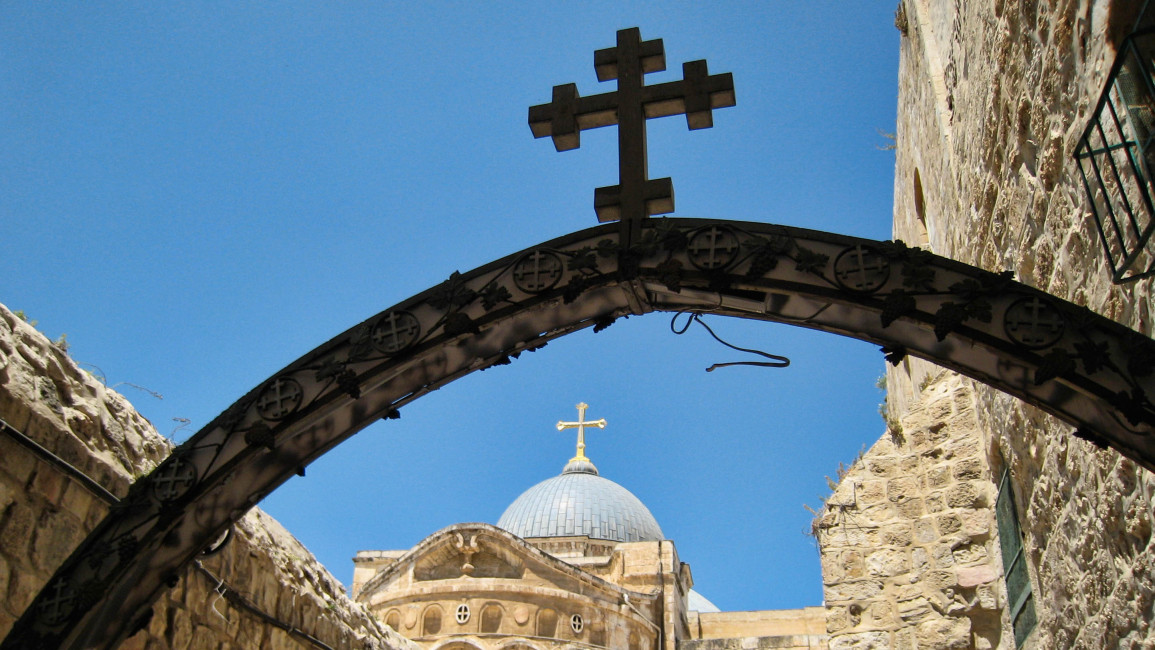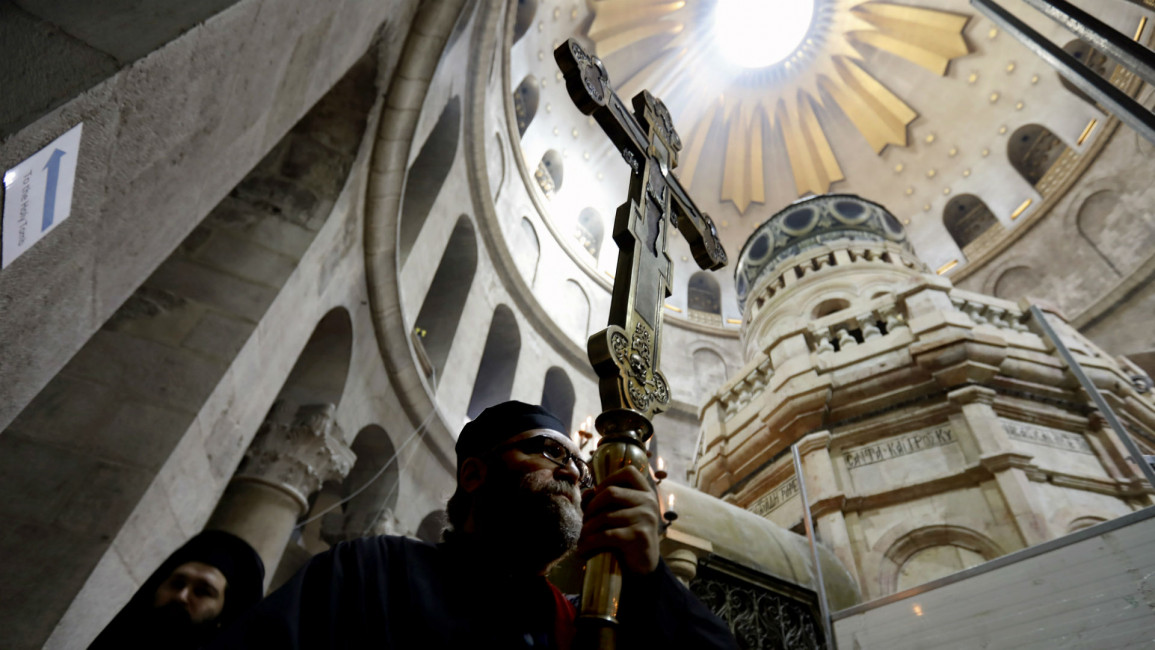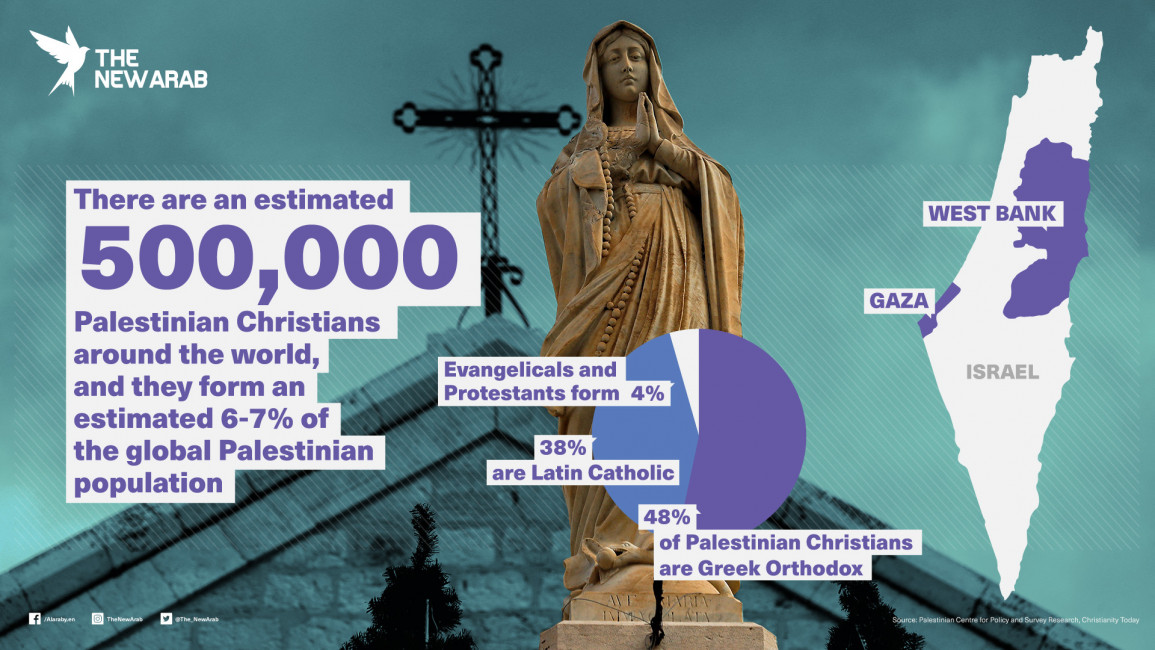The Rohingya issue is currently an important international issue. More than 1.1 million Rohingyas have taken refuge in Bangladesh since August 2017 due to genocide and ethnic cleansing in Myanmar. About 50,000 newborn Rohingya children are added to it every year.
Bangladesh Prime Minister raised the issue at the UNGA on September 25, 2021 to draw the attention of global leaders in solving the Rohingya crisis. She focused specifically on the engagement of ASEAN leaders. It is ASEAN which can resolve Rohingya refugee problem easily.
Foreign Minister AK Abdul Momen today said the Cambodian Chairmanship of ASEAN provides a great opportunity to facilitate safe and dignified return of the Rohingyas, now sheltered in Bangladesh, to Myanmar.
According to media reports, The foreign minister said this to Cambodian Deputy Prime Minister Prak Sokhonn, also the country’s minister of foreign affairs and international cooperation, during a telephone conversation recently.
During the conversation, Momen laid emphasis on the potential security risks to Bangladesh, Myanmar and to the greater region if the Rohingya crisis is left festering for a much longer period of time.
He mentioned the vulnerability of the displaced people to radicalism, extremism, terrorism, cross-border crimes, etc.
Foreign Minister Momen congratulated his Cambodian counterpart on Cambodia’s assumption of ASEAN Chairmanship and on the latter’s appointment as the Special Envoy of the ASEAN Chair to Myanmar.
Referring to the longstanding and excellent bilateral relations between the two countries, Momen mentioned that Bangladesh highly values its relations with Cambodia as an important partner in the neighborhood.
Lauding the “big heart” demonstrated by Bangladesh in sheltering 1.1 million displaced Myanmar nationals, Prak Sokhonn expressed his full understanding of and sympathy for the difficulties being faced by Bangladesh.
As Chair and an active member of ASEAN, Cambodia can help to resolve it. Cambodia can be an honest mediator in this regard. Cambodia has very warm relations with both Myanmar and Bangladesh.
On October 28, 2021, Cambodia officially took over the chairmanship of the Association of Southeast Asian Nations (ASEAN) for the third time since joining the group in 1999.
Cambodia holds the ASEAN chair for the third time since it joined ASEAN on 30 April 1999. It was the last amongst the 10 ASEAN countries to join ASEAN and has followed its regular turn in chairing the organisation every decade, in 2002 and 2012, respectively. There are only two countries—Cambodia and Brunei—whose leaders continued their tenure over the years in ASEAN, one being PM Hun Sen and the other one being the Sultan of Brunei.
Earlier, the Rohingya had been subjected to systematic discrimination, deprivation of the right to vote, and regular targeting of violence in Myanmar for decades.
Rohingyas have come to Myanmar to save their lives after being subjected to extremely inhumane treatment by the military; But their position in the country has become a cause for concern as they are involved in migration, drug trafficking, child trafficking, smuggling, and other misdeeds as Bangladeshis. Again, some of the Rohingyas have been accused of being involved in militant activities and the Ramu attack.
According to various sources, there are about four lakh Rohingyas inside Bangladesh and about one lakh outside the country, especially in the Middle East. Moreover, there are reports that underage women and children in various camps in Cox’s Bazar are being tied to an important social bond such as marriage; Which is having a hugely detrimental effect on the society and the state system. Child marriage is a threat to the health of the mother as well as the health of the child. It has far-reaching detrimental effects on women. Adolescent pregnancy can lead to a variety of health problems, including complications in childbirth. In some cases, they are also victims of domestic violence, sexual abuse, and marital rape. In addition, increasing population density is having a devastating effect on the environment.
In the last four and a half years, despite various initiatives, no real progress has been made in resolving the Rohingya crisis. Under pressure from the international community, the Myanmar government signed an agreement on Rohingya repatriation, but to no avail. According to the agreement, the Rohingyas were to be repatriated in stages. The repatriation process has not started for a long time. The Myanmar government has failed to repatriate the displaced Rohingya and resolve the crisis. Bangladesh has repeatedly urged various international forums to take effective steps to resolve the Rohingya crisis. At the UN General Assembly, Prime Minister Sheikh Hasina not only ended her duty by calling on the international community to repatriate Rohingya but also presented six specific proposals. The Prime Minister also raised the issue during his recent visit to France.
In such a situation, the UN committee has unanimously passed a resolution urging Myanmar to end the Rohingya crisis. Most importantly, Russia and China did not oppose the proposal. The resolution, introduced by the OIC and the European Union, was unanimously passed by the Social Humanitarian and Cultural Committee, known as the Third Committee of the UN General Assembly. Foreign Minister in response to the proposal. Abdul Momen considers the support of Russia and China important. He said China and Russia also want a solution to the Rohingya problem. This is positive news for us.
In this regard, Cambodia can play a holistic, significant and strategic role. Cambodia can support Bangladesh at every international forum such as at UNGA and regional conferences. They can vote in favour of Bangladesh. They can raise the issue within the ASEAN platform. Cambodia can negotiate with Myanmar diplomatically and bilaterally. It has good bilateral relations with Myanmar. Cambodia can engage with others ASEAN states to solve the crisis. Cambodia’s Buddhist society can play an effective role in this regard. Cambodia can make Myanmar understand on the regional significance of Rohingya repatriation.
Earlier, Cambodia hoped hat Bangladesh and Myanmar find a solution allowing the Rohingya repatriation, Prime Minister Hun Sen said at the joint press conference held following his bilateral meeting with visiting Bangladeshi counterpart Sheikh Hasina in 2017.
For her part, Sheikh Hasina affirmed the Bangladesh’s commitment to provide shelters to some 700,000 Rohingya refugees and to continue negotiating with Myanmar for their repatriation.
Cambodia has confirmed its clear stance over Rohingya crisis in Myanmar. On Nov. 16, 2017, Cambodian Premier underlined that Rohingya crisis is an internal affair of Myanmar and Cambodia will not interfere in this issue. The Cambodian premier also expressed his sadness over the crisis in Myanmar’s Rakhine State, adding that Cambodia is considering providing humanitarian assistance to Rakhine’s people, some of them are living in Myanmar while others fled to Bangladesh.
Meanwhile, PM Hun Sen visited Myanmar (6-8 January 2022). A new Special Envoy of the ASEAN chair, Prak Sokhonn the Deputy Prime Minister and Foreign Ministerof Cambodia, was announced. He will be assisted by Cham Prasidh, Minister of Industry, a veteran of the Cambodian peace process.
Cambodia was initially hesitant to speak out against the junta, citing ASEAN’s principle of noninterference. But this time, as a chair of ASEAN , Cambodia wants to engage itself and ASEAN with Myanmar. It is a positive side of Cambodia. Isolation is not a solution. Involvement, engagement, negotiations are some tools to find solutions. Cambodia is doing so. PM Hun Sen is very interested in ASEAN’s relations with Myanmar. Cambodia’s role in this regard would be warmly welcomed. As a chair, Cambodia can resolve a long disputed regional issue. If Cambodia take a initiative to resolve the Rohingya refugee crisis, it would be a great achievement for ASEAN. Whole south Asia and Southeast Asia would see a permanent solution of a regional crisis. Of course, role of Cambodia as ASEAN Chair would be seen positively. The prestigious of Cambodia as ASEAN chair would be accepted amongst all South Asian and Southeast Asian countries.
*Jubeda Chowdhury is a freelance writer with a Master’s Degree in International Relations from the University of Dhaka.
Displaced Rohingya in Myanmar. Photo Credit: Tasnim News Agency










